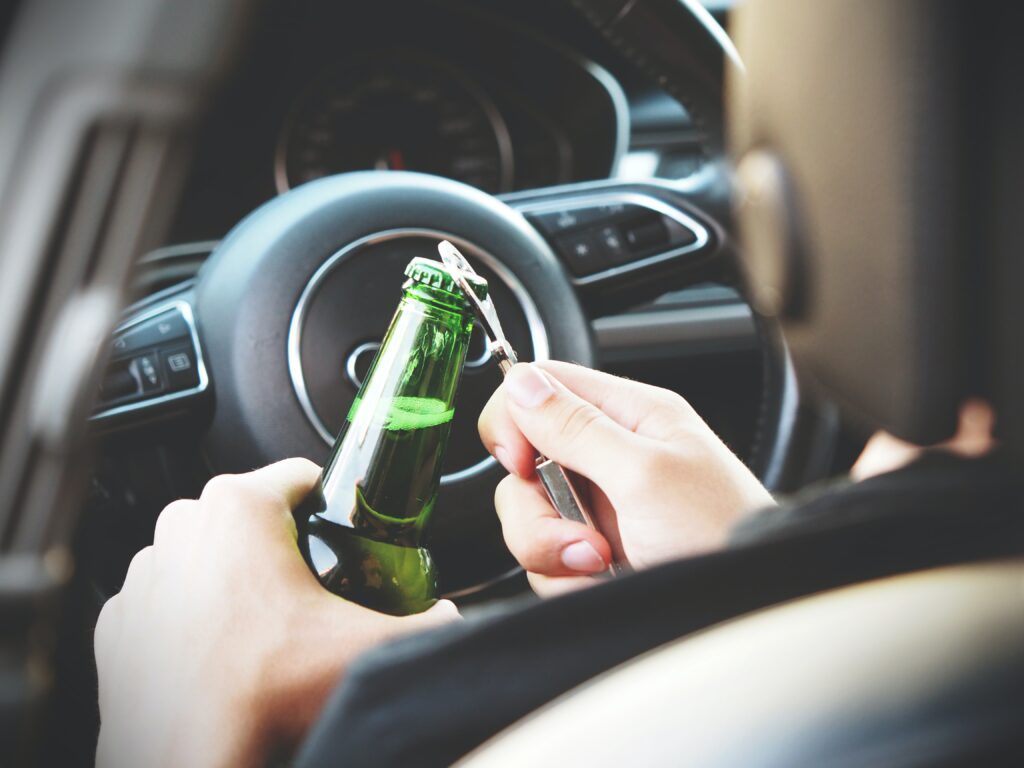The days of driving home drunk without fear of repercussions have gone. It’s not safe, it’s not cool, and it could cost you your career
IF you’ve ever wondered if you can actually get fired for driving drunk, you can stop wondering. The answer is yes, especially if driving is part and parcel of your daily working life. Delivery drivers, chauffeurs and employees simply driving to get to work – they can all lose their jobs if they’re caught driving drunk. As Nicol Myburgh, Head: CRS Technologies HCM Business Unit, warns, if you lose your licence due to drunk driving or if you get arrested and you’re physically unable to render your services to the company as per your contract, then you can, and probably will, lose your job.
“Employees with contracts that clearly stipulate they need a reliable vehicle and a driver’s licence will be directly impacted if their car is impounded, their licence revoked and their driving reputation tarnished thanks to driving while under the influence,” he adds. “They can’t do their job, so their employment will be terminated. But that’s just one side of the conversation – there’s also the reputational side that has to be considered.”
If you’re a public figure or the face of the business, or are in a situation where the reputation of the company is reliant on your behaviour, then getting arrested for drunk driving can have a significant impact on the organisation. As soon as it becomes general knowledge that a person has been caught driving drunk, it reflects poorly on the company and bad reputational damage is a cause for termination.
“If your employment is terminated for drunk driving, you may also face difficulties getting a new job down the line,” says Myburgh. “Asking if someone has a criminal record or if they’ve been arrested are now standard questions in interviews. If you’re not honest in the interview and get the job and the information comes out later, you can be dismissed for dishonesty.”
As companies become increasingly focused on creating safe and compliant environments and workplace cultures, they are becoming increasingly cognisant of the importance of employees adhering to a clear code of conduct. If drunk driving is highlighted as going against company policy, the company is within its rights to either dismiss you or embark on a disciplinary process. This can be complicated by labour law fine print and Equity Act discrimination concerns, depending on the situation that has arisen around the drunk driving offence, but the bottom line is very simple – don’t drive drunk.
“It’s less about getting caught and more about the ethics of drunk driving,” concludes Myburgh. “If you’re caught, people will know that this is who you are, and whether or not you’re dismissed for the offence, you will always be perceived in a certain way. And it’s not a good one.”
For more information, go to: https://www.crs.co.za/




